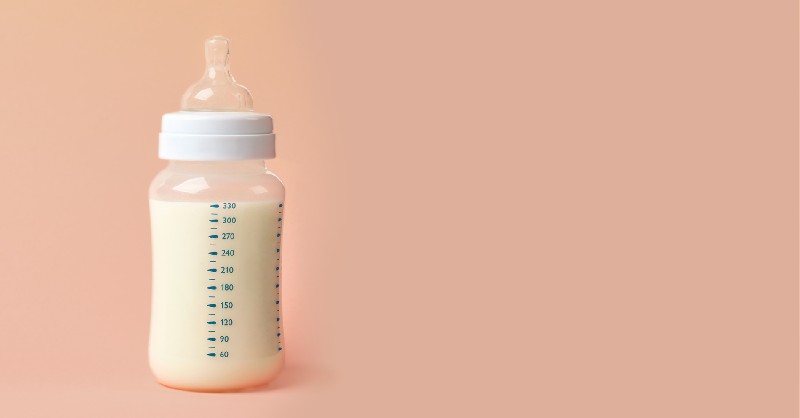A healthtech startup based out of New York, BBy, has grabbed $3 million in seed funding. Pioneer Fund led the funding round and BBY also received investment from Y Combinator. Other investors include 7G Bioventures, Cathexis Ventures, and other angels, including more than $500,000 from Y Combinator alumni to continue revolutionising the hospitals’ breast milk storage and administration process.
“For decades hospitals have devoted some of its limited nursing resources to managing and defrosting precious donor breast milk–which is very fragile and requires particular care–so it won’t spoil and get ruined,” said Dr. Vansh Langer, BBy CEO. “The defrosting process is a tedious and hours-long process; realistically one NICU nurse per day just oversees that work. We are on a mission to provide hospitals with shelf-stabilized and condensed human milk that is easy to store and reconstitute, so nurses can devote their skills to important and critical infant care.”
“This technology is a game changer for hospitals. Clinical data confirms that the nutrition for these infants is every bit as good and as easy to digest as breast milk that has never been condensed,” said Dr. Blanca Aguilar Uscanga, BBy Head of Science. “Our process proudly keeps breast milk, breast milk. Nothing added and nothing removed.”
What challenge does BBy tackle?
Hospitals in the United States face significant financial burdens related to the procurement and management of breast milk, with estimated annual expenditures reaching $12 billion. The cost per ounce of breast milk ranges from $9 to $15, making it a considerable expense for healthcare institutions.
This is where BBy comes to play with a shelf-stable breast milk solution, which has the potential to save hospitals millions of dollars monthly in labour costs. BBy was founded by Vansh Langer in 2017 in New York after noticing that the supply and availability of breast milk was one of the top concerns of new mothers and couples.
It has disrupted a 70-year-old process followed by hospitals to store and administer donor breast milk in freezers, a process, which wastes hours of professional nursing time defrosting and preparing the milk for feeding in the neonatal intensive care unit (NICU).
By eliminating the need for extensive manual handling and specialised storage facilities, hospitals can repurpose existing resources and streamline operations for more pressing needs.
Powdered breast milk: A revolutionary approach
When breast milk is turned into powder by drying it out, it loses important substances that help babies stay healthy, especially the ones that boost their immune system. However, BBy has created a special system using a computer program and a unique laser that constantly checks the weight and temperature of the milk as it turns into powder. This system ensures that the important substances in the milk are not lost during the process.
BBy puts the condensed breast milk into small aluminum packets and delivers them to Neonatal Intensive Care Units (NICUs) every two weeks. Nurses can easily mix the powder with water to feed the babies, using only the amount of milk needed and reducing waste. BBy operates its technology in eight regional processing facilities near the hospitals it works with.
The two-factor laser can work with commercial condensers. The laser constantly takes the weight of the product and adjusts the rate and temperature of the breast milk being sent into the vacuum to ensure the breast milk stays in the bioactive zone. At the end of the process, the breast milk is a shelf-stabilized powder, with all the necessary nutrition and immunological properties.
Currently, large research hospitals in Massachusetts, Connecticut and Texas are among the hospitals using the BBy condensed breast milk for their NICUs. Ten gallons of breast milk are processed twice daily at the facilities. The resulting condensed breast milk can safely last for up to six months.















